Earning your Master of Science in Medical Science with one of our university partners can help prepare you for a wide range of healthcare professions. Our graduates pursue medical school, dental school, and more. One less well-known career path available to our graduates, however, is in the medical device sales industry, which was worth $141 billion in 2018, according to the United States Department of Commerce. Clinical medical device specialists are representatives for medical device manufacturing companies. They focus on sales and product support for medical and surgical devices used directly on patients within clinical settings, as opposed to other products such as diagnostic imaging equipment or lab devices.
This article offers an overview of the clinical medical device specialist career path within medical device sales, along with a description of some of the devices they may represent in clinical settings.
What Do Clinical Medical Device Specialists Do?
Clinical medical device specialists’ duties combine sales with direct technical support in clinical settings. Depending on the category of device involved, clinical medical device specialists may:
- Provide training for healthcare teams about the function, installation, and maintenance of their devices
- Observe procedures for implantable devices such as pacemakers or artificial replacement joints
- Monitor device performance during implantation or at follow-up appointments
- Consult with physicians, surgeons, and nurse practitioners to ensure patients’ devices are optimized
- Perform diagnostic tests on devices, assess data, and reprogram settings, if applicable, to achieve the best outcome for patients
- Work within company sales teams to develop new client relationships with care facilities and practices
Clinical medical device specialists can work with a wide range of healthcare professionals, from lab and diagnostic technicians to nurse practitioners and surgeons. They need to be capable of communicating complex technical concepts to both patients and practitioners. Usually, they will travel to multiple hospitals or practices over the course of a week or month, consulting with practitioners about product features, usage, or updates. Some specialists may be “on call” to answer questions from practitioners about their device. They are also likely to travel to conferences where they represent their employer.
Aside from their clinical duties, clinical medical device specialists also need to analyze sales performance data, produce sales and marketing reports, attend meetings, build and nurture new account leads, and troubleshoot issues with current accounts, such as billing problems or missing shipments of supplies.
What Are Some Examples of Medical Devices?
Broadly speaking, medical devices fall into two main categories: orthopedic and non-orthopedic. Orthopedic devices support treatment of the musculoskeletal system, while non-orthopedic devices can support treatment of other systems in the body, including the brain and heart.
Some specific examples of orthopedic medical devices include:
- Plates and screws for repairing bone fractures in the extremities (arms and legs)
- Disks and stabilization devices for treating spinal issues
- Artificial knee, hip, and shoulder joint replacements
- Implants and mesh plates for repairing skull fractures
Non-orthopedic medical devices may include:
- Neurostimulation implants, used to treat certain types of chronic pain
- Cardiac pacemakers, defibrillators, and stents
- Endoscopes and surgical instruments for ear, nose, and throat (ENT) procedures
- Catheters, stents, and guidewires for urology and OB/GYN treatment
Because of the need to provide direct support to practitioners, clinical medical device specialists usually focus on one or two specific devices.
What Do Clinical Medical Device Specialists Need to Know?
Because clinical medical device specialists’ work directly impacts patient health, they need a strong understanding of health science concepts related to their device, including biology and microbiology, anatomy and physiology, pathology, and medical terminology. They also need to understand sales and business concepts, including budgeting, data collection and analysis, and marketing and promotional strategies. Finally, they need to understand healthcare system practices, including principles of management and administration, the health insurance system, and regulatory issues.
Clinical medical device specialists also need to have a capacity for absorbing technical data and evaluating the latest medical literature in the specialty related to the device they represent.
Career Outlook for Clinical Medical Device Specialists
The U.S. Bureau of Labor Statistics (BLS) includes medical device specialists under the wholesale and manufacturing sales representatives (scientific and technical) category. The BLS projects that job openings for this field as a whole should expand by 5%, over the 2021-2031 period, adding about 14,400 new jobs nationwide. That projected rate of growth is on par with the average projected growth rate for all occupations over the same period.
When it comes to salaries, remember that these will vary widely depending on your local job market, the type of device you specialize in, the employer you work for, and more. The BLS reports that the median base salary for all technical and scientific sales representatives was $102,680 in May 2021.
This does not include earnings from commissions or bonuses, which can significantly boost overall take-home pay. For example, according to the 2021 MedReps.com salary survey, field representatives in medical device sales earned an average base salary of $82,002, but the average total compensation was $174,657.
Build the Foundation of a Professional Career in Healthcare
If you love traveling, collaborating with experts, learning about the latest healthcare technology, and have a strong competitive drive, a career in the clinical medical device sales field could be right for you. According to a 2021 survey by MedReps.com, an industry recruitment resource, 94% of medical device sales professionals had earned at least a bachelor’s degree. Holding a graduate degree may help candidates stand out when pursuing entry-level roles in the field—especially one that mirrors the first year of a medical school curriculum, like the Tiber Health MSMS.Find out more about our one-year master’s program—or find a university partner near you—today!
Additional references:



